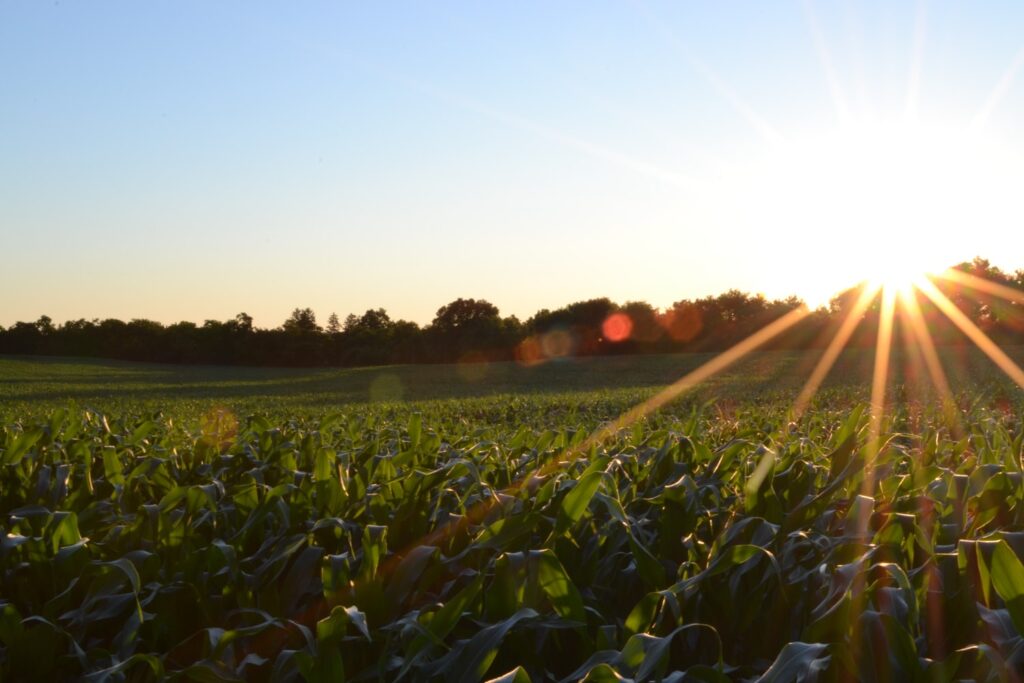The agricultural sector has been impacted significantly by of the Covid-19 pandemic. Farmers have been affected globally, but the long-term impact is yet to be felt. In this environment fear and anxiety over the spread of the virus, a global slowdown in food supply has taken place. There are several reasons behind this slowdown. However, we at Kelly Engineering believe, with the right plan of action, farmers may be able to find a silver lining amidst all this doom and gloom.
Reasons behind the global slowdown of food supply
One of the major factors impacting the global food supply is the state of lockdown experienced by most countries, which has led to restrictions in imports and exports of commodities. This lockdown has been especially felt by the USA, which is one of the major suppliers of agricultural products across the globe. Bloomberg Economics have estimated that the pandemic might slow down the global economy, affecting the GDP of many countries.
This effect on GDP of might lead to a downfall in purchasing power, impeding the imports of U.S. agricultural products. The prices of farm equipment and machinery might also hike up, owing to the sharp decline in the supply chain of the market. It’s important that you make sure your farm is stocked with all the essential equipment and machinery that you may need for the coming season so that you can maintain production capacity.
Lockdowns mean restrictions on the entry of foreign individuals inside the country. This has already lead to a shortage in the labor market of the United States and Canada. With the harvesting season around the corner, a shortage of available workers could pose a problem when it comes to undertaking labor-intensive farm practices.
However, there is a ray of hope amongst all these concerns. Agricultural conditions might improve as the Covid-19 epidemic slows down in the future. Here are a few reasons why we believe this is plausible:
1. Covid-19 is a testing ground for the Agribusiness and Food industry
The pandemic will led to a lot of developments that had not been anticipated before. This stands as a testing ground for industries to know how to cope with times of distress in the future as well. The supply chain market has been disrupted quite a few times in the past, but never to the extent that this pandemic has led to. This learning curve might help the agricultural industry to be better prepared for future disturbances.
2. Improvement in technology for a better future
Technologies related to agriculture, such as farming equipment, land surveillance, soil mapping and weather forecasting might be improved to keep you prepared against the future. This might aid in increasing the production volumes of crops and helping to keep a surplus available, even as global populations grow.
Kelly Engineering has years of experience in developing the best and most efficient farm machinery for farmers like you. Our equipment has been tried and tested globally to provide the best results for farmers!
3. A boost in Research and Development is imminent
Owing to the spread of the Covid-19 virus in such a quick and widespread manner, you could expect a boost in R&D of the agricultural and the veterinary fields. Research and development in finding better animal breeds and crop variants might be carried out. Agricultural practices may be improved, increasing production levels. Read more on our site to learn more about the methods to improve your crop productivity, today!
4. Improvement in food processing technologies
Food processing technologies might see an improvement, ensuring the efficient use of crops and fruits/vegetables. Agribusinesses would profit from this development, which in turn might be beneficial for farmers. This could also allow farmers to increase their input costs, creating a positive feedback loop that allows producers to buy better farm equipment and ancillary products to boost production.
The silver lining in these times of distress can be observed only if you take some steps in advance, and prepare yourself in a better manner, for times ahead.


